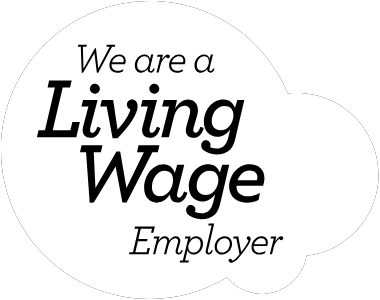When we think of synthetic biology, we often default to innovations in the medical and healthcare arena, where it all started.
And while the pharmaceutical industries have already seen a huge impact due to what is often referred to as ‘syn-bio’, so, increasingly, are alternative proteins disrupting the global food industry. While this really kicked off in the public consciousness when the plant-based Impossible Foods and Beyond Meat burst onto the scene, syn-bio is now gearing up to also transform the way we produce food through cell-based meat. Yes, we’re now seeing a huge increase in cultured meat innovators such as Higher Steaks, Vow and BlueNalu using cellular agriculture and aquaculture to produce lab-grown products from animal and seafood cells.
And you can’t argue with the efficiency of the cell-based approach: as Mosa Meat highlights, one sesame seed-sized sample of its cells can produce up to 80,000 burgers. With the world hurtling towards 9 billion people and the demand for animal protein set to double by 2050, solving the protein problem for a growing population needs to be top of our global to-do list. This likely feeds (sorry) into the decision taken, late last year, by the US FDA to give the green light to UPSIDE Foods ‘to take living cells from chickens and grow the cells in a controlled environment to make the cultured animal cell food’. So get ready, as UPSIDE’s chicken fillet could be coming to a plate near you soon!
With syn-bio a huge contributor to the potential transformation of the global food system, it’s no wonder that investment is being ploughed into the sector faster than you can say ‘Make mine a cultured chicken burger’. As evidence, look no further than Synthesis Capital which, with over $300 million in assets under management, is now the largest fund ever raised for the food tech sector. Just two of its portfolio include Redefine Meat, which has built a proprietary 3D printing platform to create ‘whole-cut’ structured meat products, and Culture Biosciences, provider of a platform enabling synthetic biology companies to launch new products sooner and with less capital through a biomanufacturing-as-a-service platform. Yep, this certainly seems to signpost the way of the future to us.
In fact, you could well be dining off products that signal this future already, shaped by precision fermentation. Described by RethinkX – the excellent thinktank forecasting technology-driven disruption – as ‘a process that allows us to program microorganisms to produce almost any complex organic molecule’, precision fermentation’s capability to enhance the quality, speed, volume and cost of food production is super significant. And it’s already starting to disrupt the future of dairy by employing syn-bio to use microorganisms instead of animals to produce dairy products.
For its part, precision fermentation innovator Formo is tackling the industrial dairy sector through the delicious lens of cheese. A little known fact: cheese is a major cause of carbon emissions. But it’s also an insanely popular world nibble; the global cheese market was valued at over $77.6 billion in 2021, and is projected to almost double by 2027. Creating alternative dairy without cows, Formo has raised a cool $50 million from investors including EQT Ventures, Elevat3 Capital and Lowercarbon Capital, and is gearing up to grab a tasty slice of that market.
Elsewhere in dairy, if the idea of lab-grown milk has you spluttering into your latte then look away now, as synthetic milk is also being lined up to help address the world’s food challenges. As one example, step forward Eden Brew, on a mission to create animal-free, precision-fermented milk and ice cream. It’s developed a fermentation process capable of producing all six proteins identical to cow’s milk in a lab environment, with backers including Digitalis Ventures.
And alongside its potential to revolutionise our food industry, syn-bio is also fast permeating the world of agriculture. Its applications are manifold, with one example being the engineering of microbes to protect crops from diseases. With up to 40% of global crop production lost each year, it doesn’t take an agri-scientist to see that the stakes on this are increasingly high. So thank goodness for innovators such as Robigo, which is engineering microbes to create more effective and environmentally friendly crop protectants. And with their genius little microbes also being safe to insect pollinators and human consumers, this precision crop protection solution paves the way for healthier soils, more productive crops, and a more sustainable food system. Yes please, we’ll have some of that. As will investors including Congruent Ventures, Good Growth Capital and First Star Ventures, to the tune of $7 million in seed funding.
While we’re on the subject of marvellous microbes, we have to give a shout out to Pivot Bio as a fine example of microbial magic that reduces the scourge of synthetic fertilizer usage. Pivot Bio’s proprietary microbial technology supplies the daily nitrogen cereal crops require, all while avoiding the nasties of synthetic fertilizer. Its technology has mapped and identified the rare few microbes that have the most robust internal DNA software able to convert atmospheric nitrogen into a form that plants can use. The result? Microbes that can reliably provide a more efficient and sustainable nitrogen to fuel crops throughout the growing season.
And another outfit to watch that’s reducing the need for synthetic fertilizers is Andes Bio. Its microorganisms are added to the soil along with agricultural seeds such as corn and wheat, thereby integrating seamlessly – tah dah! – into existing farm operations. These efficient little microorganisms colonize the seed’s root structure and grow with plant roots – and in the very process, accelerate the conversion of CO₂ into minerals. “So these tiny microorganisms can enable agricultural fields to become mega factories of carbon removal, all while growing food?” we hear you say incredulously. Yep, that’s right; no wonder backers including Accelr8, Voyager Ventures and Leaps by Bayer are onboard.
To avoid any unintended consequences to humankind or the environment, it’s clear that we need the right robust ethical, governance and regulation systems in place as a critical safeguard. All the indicators are, though, that the synthetic biology revolution is upon us, so it’s definitely time to take a deeper look into how this is going to disrupt your business – if that hasn’t already started.






